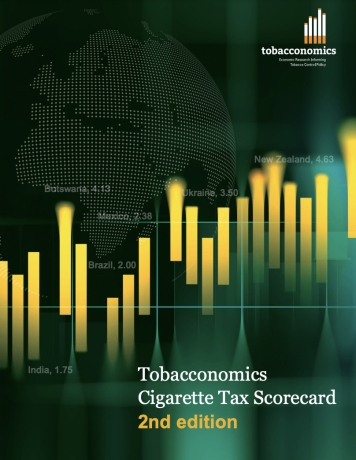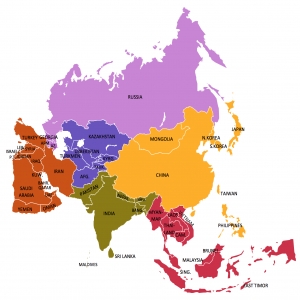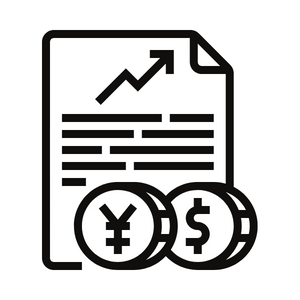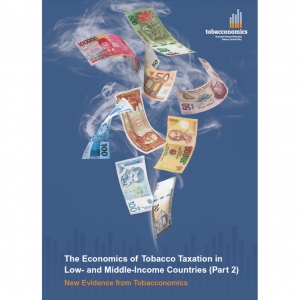


Looking Back on 2022: A Round-Up of Research on Tobacco from Southeastern Europe
In 2022, our think tank partners in Southeastern Europe continued to produce high-quality economic research, highlighting the importance of tobacco control in the region. Tobacco use is placing a huge burden on countries without significantly contributing to their economies. Raising tax rates and improving tobacco tax structures are crucial to reducing these harms, especially among vulnerable groups like the poor and youth. Read More
Looking Back on 2022: A Round-Up of Research on Tobacco from Latin America
Our think tank partners across Latin America continued to produce research throughout 2022 and we summarize these findings below. Overall, the evidence shows that tobacco use continues to harm the region due to ineffective tobacco taxation. Aligning these policies with evidence-based best practices in tobacco taxation is essential to reducing the substantial harm caused by smoking, while raising additional revenue. Read More
Looking Back on 2022: A Round-Up of Research on Tobacco from Asia
In Asia, many governments are failing to implement tobacco tax policies that align with evidence-based best practices. As a result, consumption continues to threaten the wellbeing of smokers, their families, countries, and the region as a whole. The first step to improving these tax policies is to produce and disseminate rigorous economic research on the topic. We worked with six think tanks in 2022 to do exactly that through a number of reports, working papers, policy briefs, policy notes, and fact sheets. Read More
2023 Brings Tobacco Tax Increases Around the World
We covered a lot of ground on the blog in 2022 reviewing the evidence on tobacco taxation in various regions around the world. Across these vastly different policy environments, two things hold true: tobacco use continues to cause enormous harm, particularly among youth and low-income families, and taxation remains the most cost-effective, evidence-supported tobacco control tool to counter those harms. As we last discussed on the blog in July, many countries took steps towards improving tobacco control through increased taxation in 2022. While this progress needs further acceleration to adequately slow the tobacco epidemic, we’re encouraged to note several additional tax increases which are taking effect around the world as we ring in 2023. Read More
Tobacconomics Launches a Second Tobacco Control Supplement
Tobacconomics is excited to announce the launch of our second Tobacco Control supplement: The Economics of Tobacco Taxation in Low- and Middle-Income Countries (Part 2). This supplement includes original research from our think tank partners in Asia, Latin America, and Southeastern Europe. Read More
Tobacco Taxes and the Threat of the Illicit Market: Southeastern Europe
Over the past five years, Tobacconomics has been partnering with think tanks in low- and middle-income countries to improve our understanding of the economics of tobacco and tobacco control around the world. Our work aims to answer the questions set out by six research core competencies (shown below). The competencies are based on current political discussions surrounding tobacco control efforts. Read More
Tobacco Taxes and the Threat of the Illicit Market: Latin America
Five years ago, we launched the Think Tanks Project to build a local evidence base on the economics of tobacco and tobacco control in low- and middle-income countries. The research topics we pursued with our think tank partners were guided by six research core competencies (presented below as questions). This framework ensured that our findings were relevant and timely for policy makers. Read More
Tobacco Taxes and the Threat of the Illicit Market: Asia
In 2017, Tobacconomics began partnering with think tanks in low- and middle-income countries as part of the Think Tanks Project. This project aims to the produce local evidence on the economics of tobacco and tobacco control. Our work is guided by six research core competencies (presented below as questions), which ensure that the research is both relevant and timely for policy discussions. Read More
